Why Do Organizations Need ERP in Healthcare Solution?
Healthcare ERP software development solutions are widely used because of their strong features, which ensure excellent patient care at lower operating costs. ERP for hospitals, which runs on business process management software, makes it easier to combine several operational facets into a single database, user interface, and application.
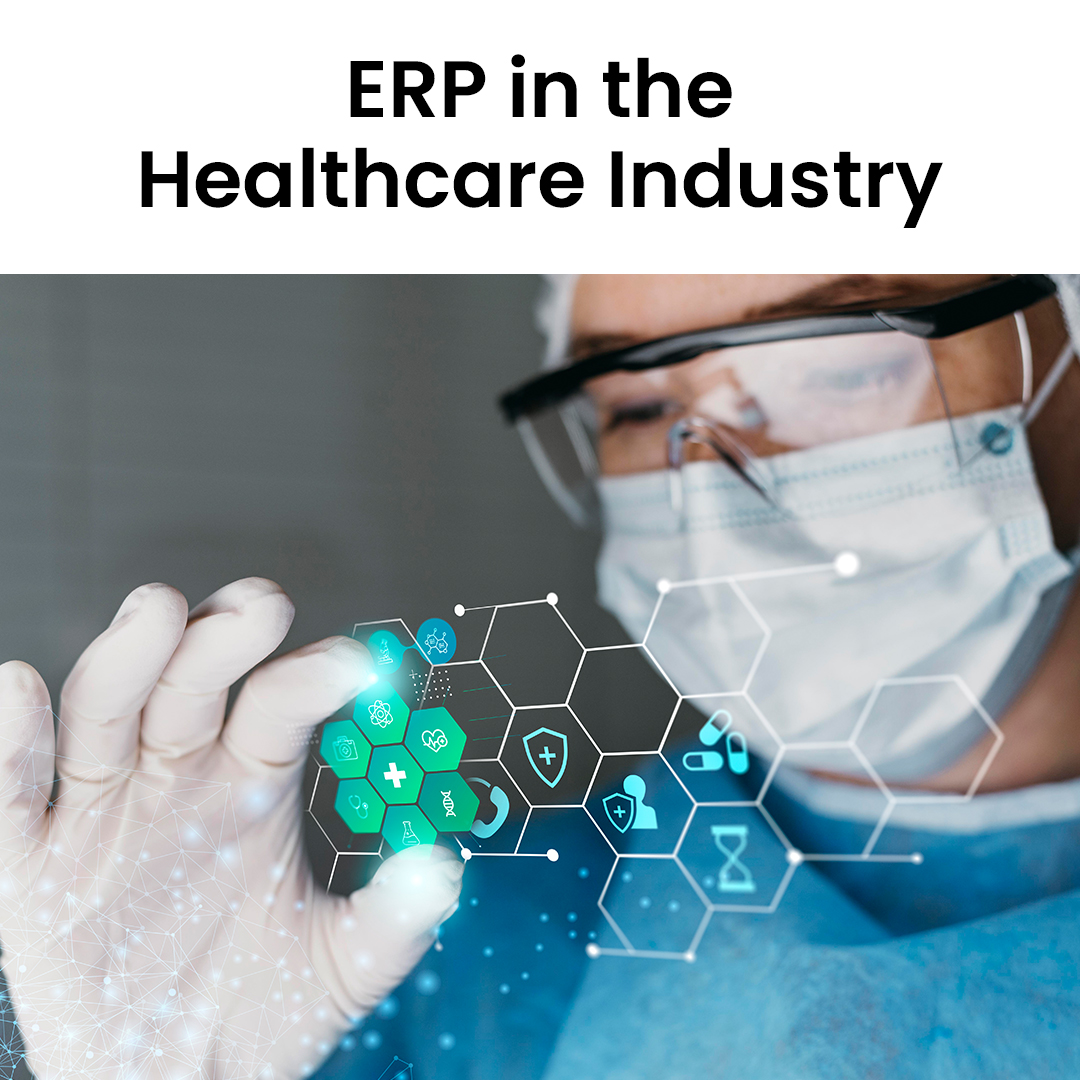
Tired of Data Silos? Unify Your Healthcare System with Our Advanced ERP Solutions
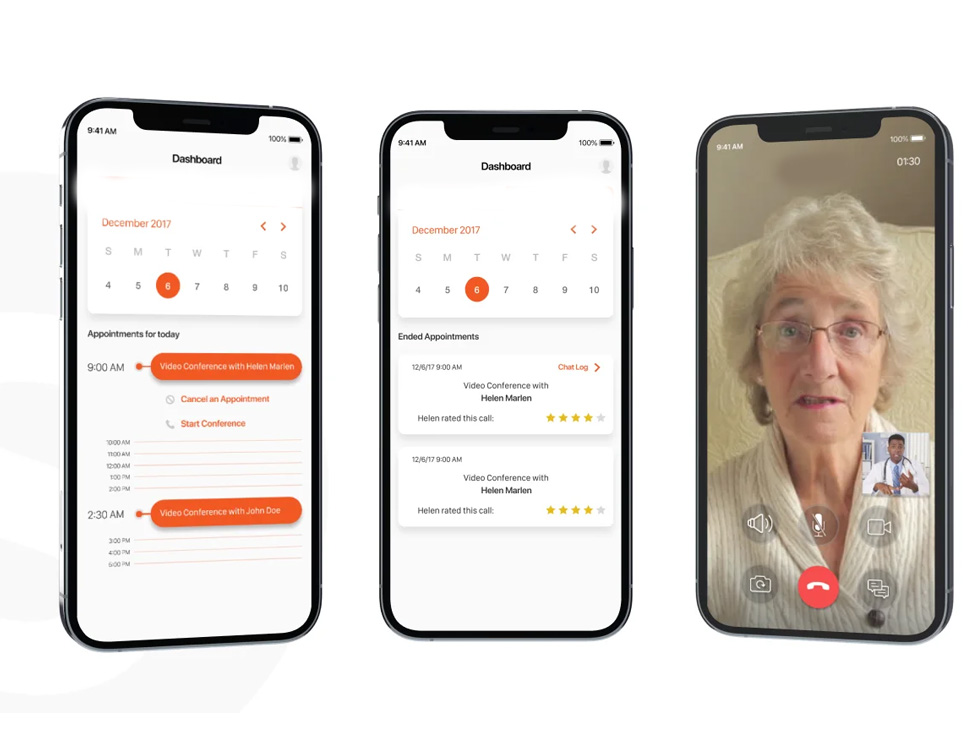
“Many of today’s healthcare organizations embrace technology to keep patients informed and deliver quality care. Over 95% of hospitals have adopted electronic health record systems. However, with EHRs taking priority, fewer organizations have implemented technology to optimize back-office operations.”- HealthIT
What is ERP in Healthcare Industry: Overview
ERP systems are utilized as a Software as a Service (SaaS) in many industries to assist businesses in improving the effectiveness of their business operations by centralizing their most critical data, such as accounting, supply chain operations, project management, and human resources. However, ERP in the medical field goes a step further. ERP in healthcare assist in removing obstacles associated with data silos and decentralized systems in the healthcare sector, enhancing patient data accessibility, visibility, and accuracy while ultimately improving patient engagement and lowering operating costs.
In addition to streamlining organizational processes, such as patient registration, prescription administration, medical history, and more, a healthcare ERP systems help healthcare workers maintain track of patients’ EMRs.
How Does ERP in Healthcare Work?
Healthcare data, such as medication records and patient histories, are dispersed over several specialized subsystems in archaic legacy systems, which makes it difficult to handle complicated data effectively. However, healthcare businesses may now combine several data sources into a single system with the help of current ERP software for healthcare industry, which enhances patient data management and is accessible anywhere.
In this manner, caregivers can readily exchange pertinent data between clinical and back-end systems, deliver more precise and effective treatment, and support improved resource allocation and cost tracking by having access to the data they require whenever and wherever they need it.
ERP in Healthcare Industry Roles
ERP for healthcare industry is useful when managing essential business tasks including financial accounting, inventory management, customer relationship management, and human resource management. Furthermore, to connect their back-office operations, support services, and core services, many hospital departments require integrated systems. Lowering operating expenses and overheads is a primary drive behind an ERP system healthcare.
Healthcare providers are finding it difficult to achieve two main objectives: significant cost savings and high-quality patient care.
To improve and expand patient care, healthcare organizations are constantly investing in modernizing their ERP systems in the healthcare industry. The main motivations for ERP software implementation in the healthcare sector include lowering clinical errors and raising provider efficiency. To improve communication and the efficacy of their treatment and therapy, physicians and other healthcare professionals require real-time access to information about their patients’ diagnostic findings. Streamlining data via EMRs, pharmacy, laboratory, radiology, and PACS is crucial.
How Does ERP in Healthcare Maintain Business Scalability?
Elasticity has been positioned by the demands for product service agility and adaptability. Given that the top three requirements for over 75% of business technology and service purchases fall into this category, this is extremely advantageous for the healthcare industry. Healthcare is the most elastic industry when it comes to changing state and federal legislation regarding patient care. Another reason is that software and systems must be able to stay up with your medical procedure without losing accuracy due to continuously changing reimbursement rates and laws.
The healthcare sector has suffered over time from inefficiencies in technological processes and treatment quality. As a result, there are often inaccuracies in operational data, security lapses are possible, and there are generally fewer insights on cross-platform application platforms. ERP in healthcare is the all-encompassing answer to these issues. Healthcare ERP solutions are designed with the specific goal of reducing additional operational demands, giving you and your medical team greater predictability, revenue, and a more efficient workflow.
Facing Regulatory Challenges? Our ERP Solutions Ensure Compliance & Simplify Healthcare Processes
6 Reasons to Implement ERP Solutions in Healthcare Organizations
Modern ERP systems are a great option for the healthcare sector. The following are some reasons that your healthcare company can experience by deploying enterprise resource planning software:
 1. BI & Strategic Planning
1. BI & Strategic Planning
An ERP system can be a helpful tool for giving precise information and helping you create strategic strategies that are sure to work. This can collect the data required to evaluate and quantify the operational performance of healthcare facilities. Information regarding patient visits, budgets, requisitions, and other topics is available. Analyzing data to pinpoint and concentrate on areas that want development is made possible by business intelligence.
Identifying and putting into practice the best practices become simpler after the areas that want improvement have been established. By doing this, businesses can improve their healthcare facility’s general efficiency. To help physicians give the best possible care for their patients in every situation, the ERP implementation in healthcare offers handy information.
2. Better Finance Management
All kinds of financial transactions can be recorded and stored using ERP software that includes a financial accounting module. The tool tracks the healthcare organization’s revenue, expenses, and assets to manage and oversee the financial process.
You can see all the accounting and financial data by using this financial management system. Additionally, it constantly guards your private information from fraud and security risks. Overall, the hospital erp software solution saves money on reworks caused by human error, reduces labor expenses associated with costly administrative and inventory errors, and helps you manage finances without errors. It does this by removing costly administrative and inventory mistakes. Maintaining your healthcare facility’s profitability while continuing to offer reasonably priced patient care is possible with effective financial management.
3. Medical Record’s Maintenance
An ERP in healthcare systems can be quite helpful in the modern era when all patient records must be accessible with only a few clicks. Most often, patients call the hospital to find out whether a doctor is available or if the specialist concerned can handle their medical concerns. They need to receive this information from the hospital help desk precisely. In most cases, the patient would want to know the cost and the time of the appointment. You can confirm these simple questions with them over the phone. This makes a lot of things easier for them, which improves the bond with the patient.
Some patients call to request follow-up with their doctor even if they are already registered at the hospital. To give them the information they require when they call, it is crucial to successfully retrieve their medical history and records. We can’t ignore the burden hospital staff faces due to the continuous influx of patients during COVID-19. An automated system that maintains a record of the monitored health conditions (such as temperature and oxygen levels) in a centralized database can improve the quality of medical care provided. For patients who require immediate treatment, the medical ERP system can be used to recognize and address their requirements.
4. Healthcare Process Streamlining
A healthcare business must optimize several processes, including emergency services, radiology, cardiology, gynecology, and patient records in addition to OPD and medical record administration. The hospitals could not operate efficiently if there was not a clear alignment between these facilities.
Organizations must also implement best practices and rules that improve patient outcomes while increasing internal productivity. ERP helps executives to improve patient care by streamlining these functions.
5. Patient Safety & Satisfaction
Patients expect the hospital administration to be aware of their medical history when they check in, saving them from having to start from scratch when they have a previously diagnosed ailment.
- Physicians can obtain up-to-date patient information, including medical history, current condition, allergies, prescribed medications, and more, by entering the patient’s unique ID in a centralized system.
- With all this information available, the physician can promptly request a status report from the patient and proceed with the treatment plan.
- Without the need for the patient or the doctor to sprint from one pillar to another to continue the treatment, the entire process becomes a breeze.
- Consequently, physicians can see many more patients every day and save a great deal of time. The patients have a hassle-free, end-to-end experience in addition to having a positive experience.
The importance of an ERP system in healthcare industry, particularly for hospitals, is demonstrated by these points. Notwithstanding the high patient volume, healthcare businesses can accomplish lower administrative expenses, get rid of costly mistakes, and enhance patient management design.
6. Automation
Like any other facility or business, hospitals must evaluate their financial performance. You can be sure an ERP system will optimize all business components under one database, including accounting, HR, and inventories. All hospital-approved entities can access data entered the system by one department. The data, figures, and facts are all grouped in a single database. This eliminates the annoyances of laborious paper-based processes and opens the door to incredibly quick, well-informed judgments.
The following are some of the main advantages of automation offered by ERP:
- Negligible mistakes (caused by manual typing and entry)
- All the information you need is in one location
- Reduces the amount of labor required
Put differently, the likelihood of any problems interfering with your administrative tasks is negligible because of ERP’s automation functionality.
ERP in Healthcare Industry: Key Features
The ERP healthcare solutions offers healthcare service providers additional features beyond real-time access to patient health records and the utilization of business intelligence.
- HIPAA Compliance: Every healthcare business is required by the standard to maintain compliance with the HIPAA. An ERP system can help you comply with HIPAA regulations by securely integrating data from all sources, including EHRs. Additionally, it aids healthcare providers in preventing cyberattacks and data breaches.
- Real-time Analytics: Data analytics included in a dependable ERP system can provide you with information on the financial health and operational success of your company. By using the hospital staff’s real-time data, you may measure the KPIs and make process adjustments. Visual aids such as charts, graphs, and other illustrations can help managers make deft judgments quickly.
- Inventory Management: This function’s purpose is to keep track of inventory levels and preserve the supply of necessary medical products. With effective inventory management, you can reap the benefits of improved visibility and decreased resource waste. It also makes it possible for healthcare institutions to cut expenses and enhance patient care services.
- Supply Chain Management: The healthcare organization requires to efficiently manage its supply chain, just like any other industry. Put another way, procurement and inventory control are essential to hospital administration. Furthermore, drugs, equipment, and lab results need to be managed by healthcare facilities. You may manage all these factors effectively with the help of the ERP solution. It automates several procedures, allowing hospitals to provide better patient care at more affordable prices.
Refer to Our Podcast for Further Details:
Reshaping Patient Engagement and Remote Patient Monitoring
Optimize Patient Care with our ERP Solutions Designed to Reduce Inefficiencies & Enhance Decision-Making
How can NextGen Invent Help Your Healthcare Organization with ERP Solutions?
ERP software development can be an ideal option if you’re a healthcare provider searching for a single software solution to meet all your needs. In the medical industry, it can manage a wide range of tasks, including patient data, insurance claims, scheduling and monitoring staff hours, and much more. The healthcare sector, which is expanding quickly, is always searching for new approaches to healthcare software development to meet the growing demand for patient data and records. ERP software for healthcare industry is a valuable resource for managing patient records since it facilitates improved record-keeping, easy communication, and more patient treatment efficiency. The fact that ERP applications are highly scalable implies that they are not limited to use by major healthcare organizations, which is another significant feature of these applications.
Without a doubt, the healthcare sector is complicated, with many moving components that need to cooperate harmoniously to deliver high-quality patient care. NextGen Invent fills that need.
We provide ERP software development solutions designed with the healthcare sector in mind. With a full suite of modules that can be modified to fit your company’s requirements, it can make your operations run smoother. Our digital healthcare software development services can help you enhance collaboration and communication, expedite clinical and financial processes, and raise patient satisfaction and safety. Thus, NextGen Invent is the ideal partner if you’re seeking a way to improve patient care and streamline your healthcare organization.
Contact us right now, to find out more about our ERP software development services and how we can assist businesses.
Related Blogs
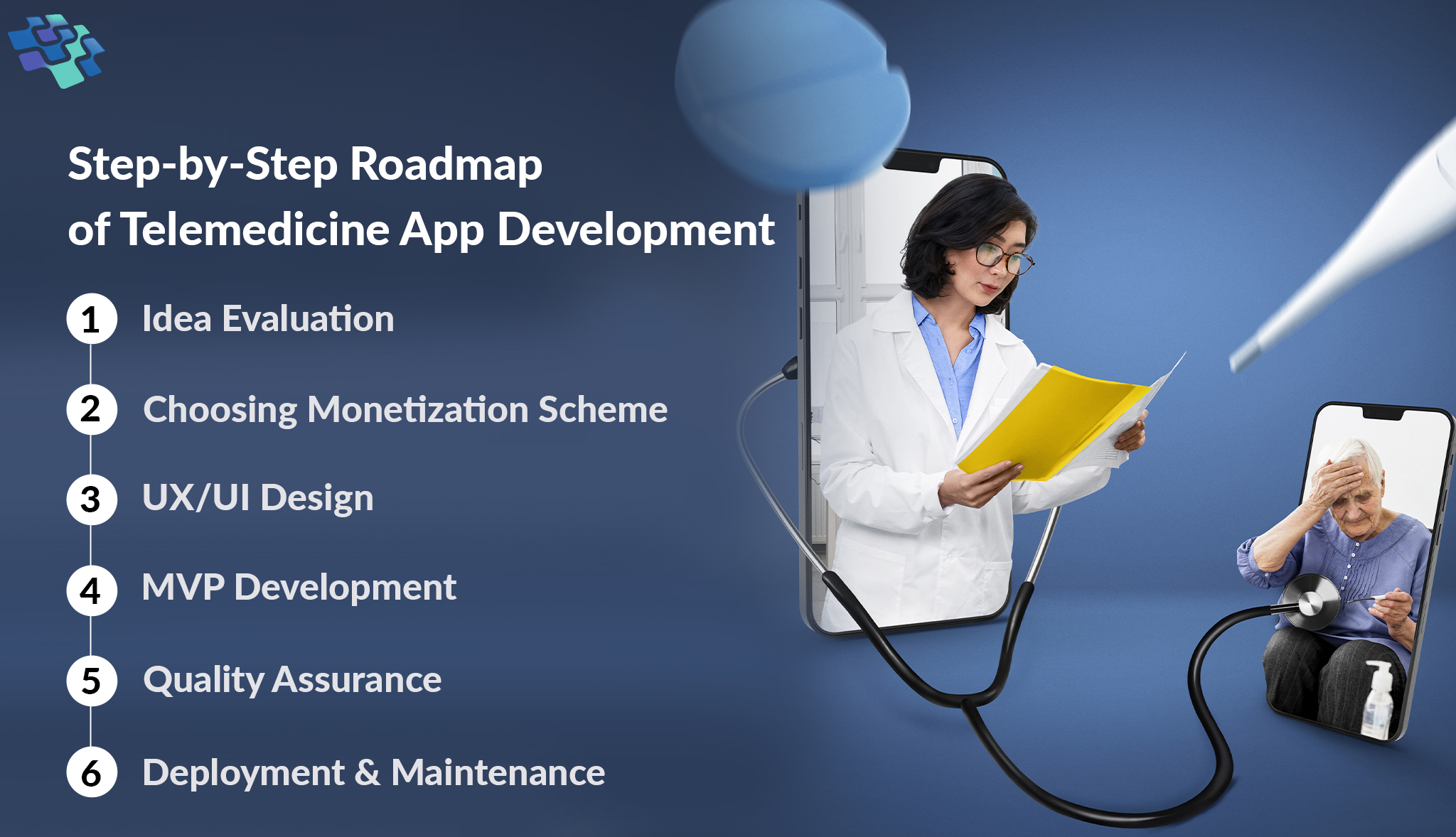
Everything Businesses Need to Know About Telemedicine App Development
There will soon be a severe physician shortage in the United States. There is projected to be a 46,900–121,900 physician shortage by 2032. According to estimates, there are roughly 15 psychiatrists and 30 psychologists for every 100,000 persons.
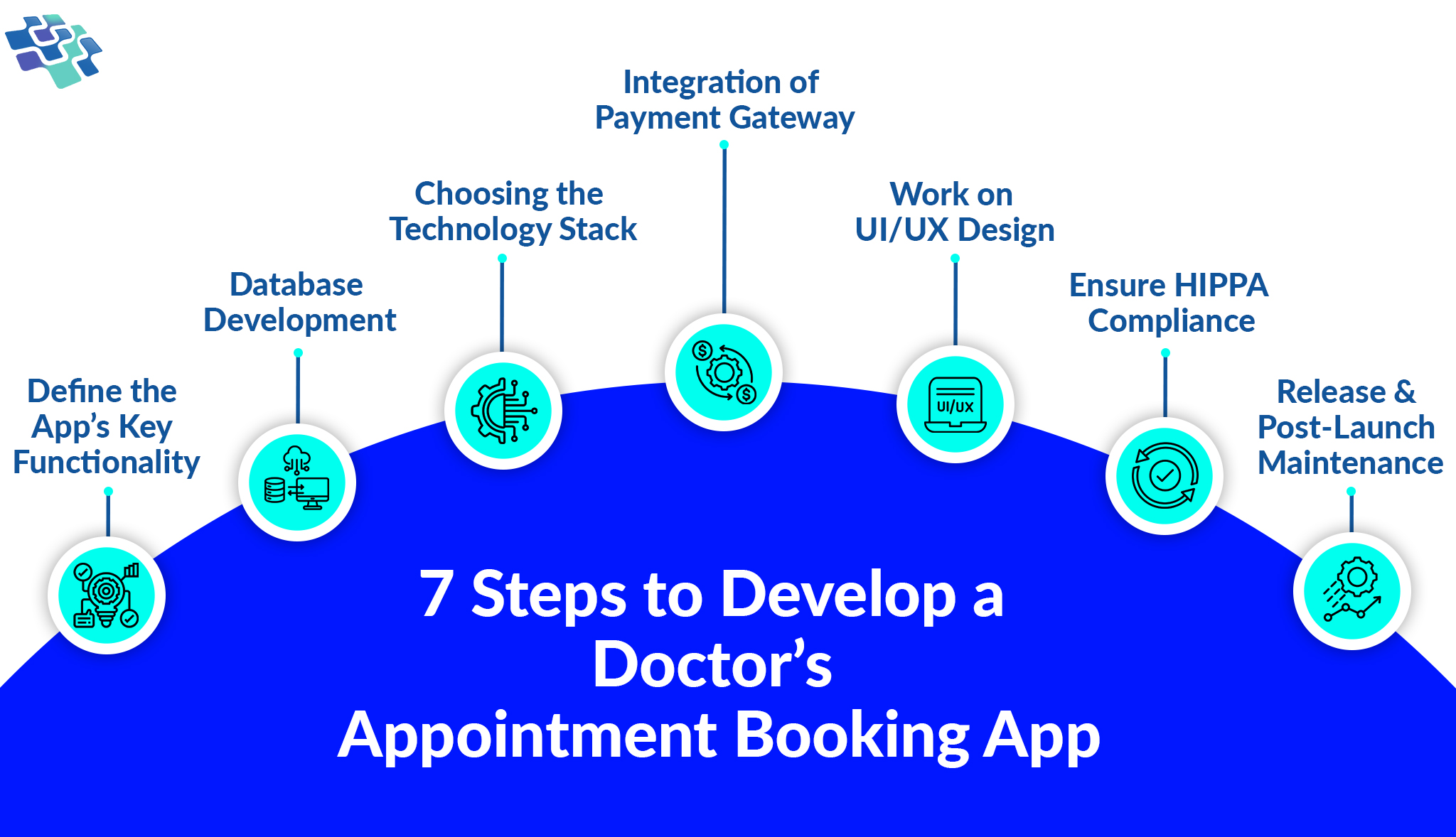
How to Develop a Doctor Appointment App in 2024?
When trying to make an appointment for a medical visit, have you ever found that you have to wait weeks for the next open time slot? Everyone has experienced that. Mobile apps, however, have completely changed how we make appointments since the invention of technology.
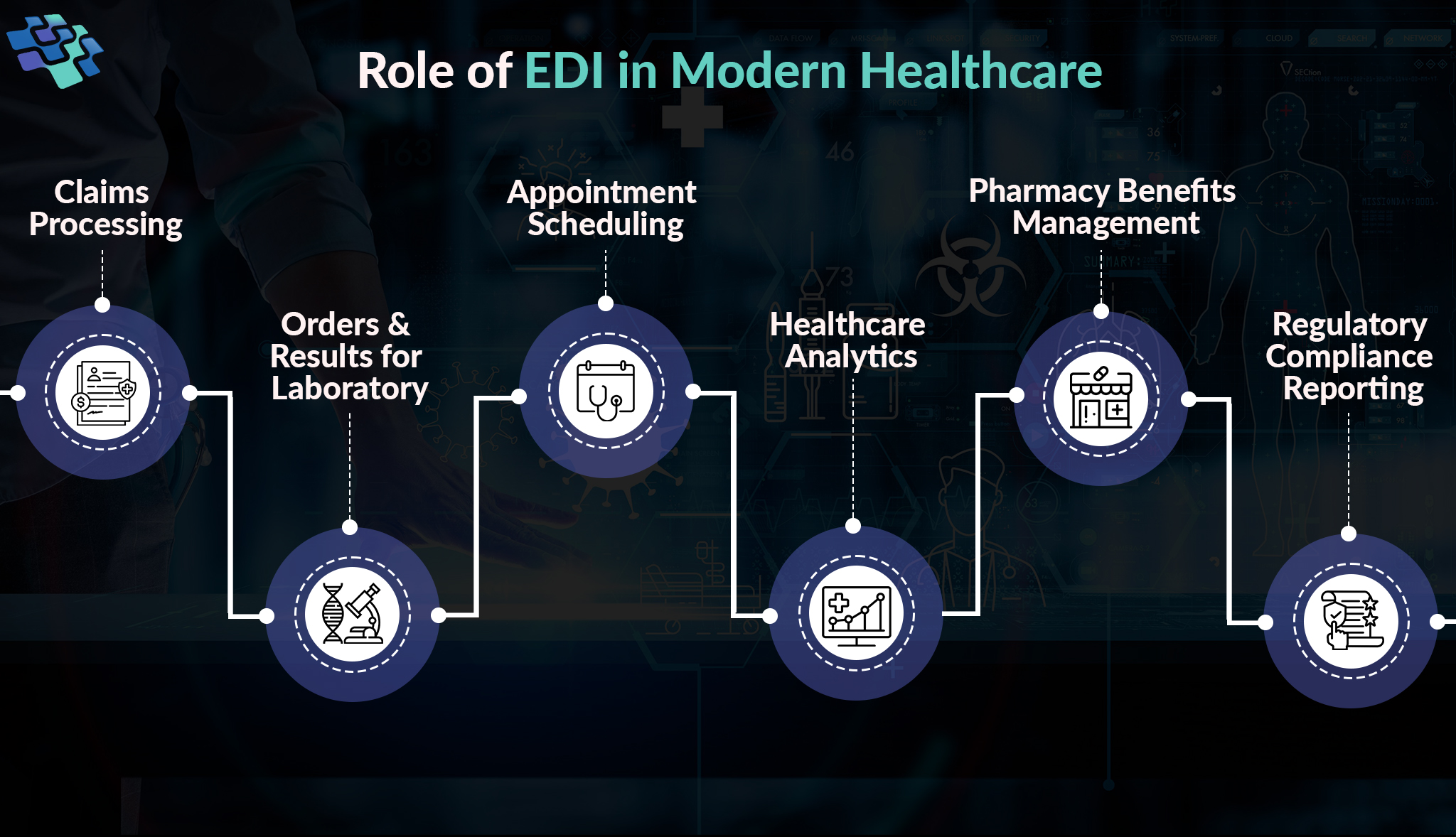
Exploring the Role of EDI in Healthcare Supply Chain Management
Implementing EDI in healthcare transactions simplifies various healthcare procedures like invoicing, enrollment, and referrals, leading to significant time and cost savings. Electronic Data Interchange reduces manual errors by up to 30%, enhancing patient care and operational efficiency.
Stay In the Know
Get Latest updates and industry insights every month.
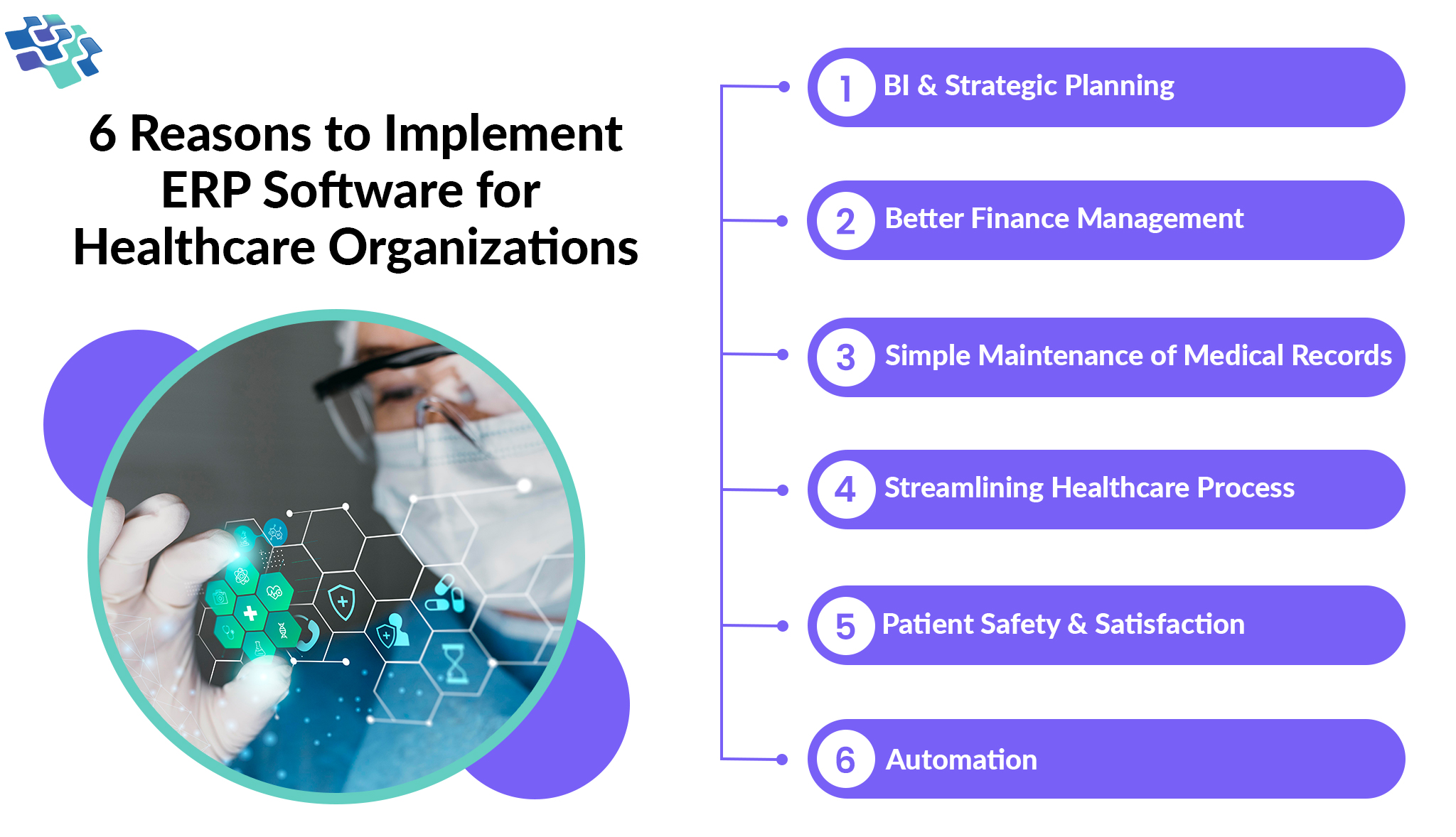 1. BI & Strategic Planning
1. BI & Strategic Planning